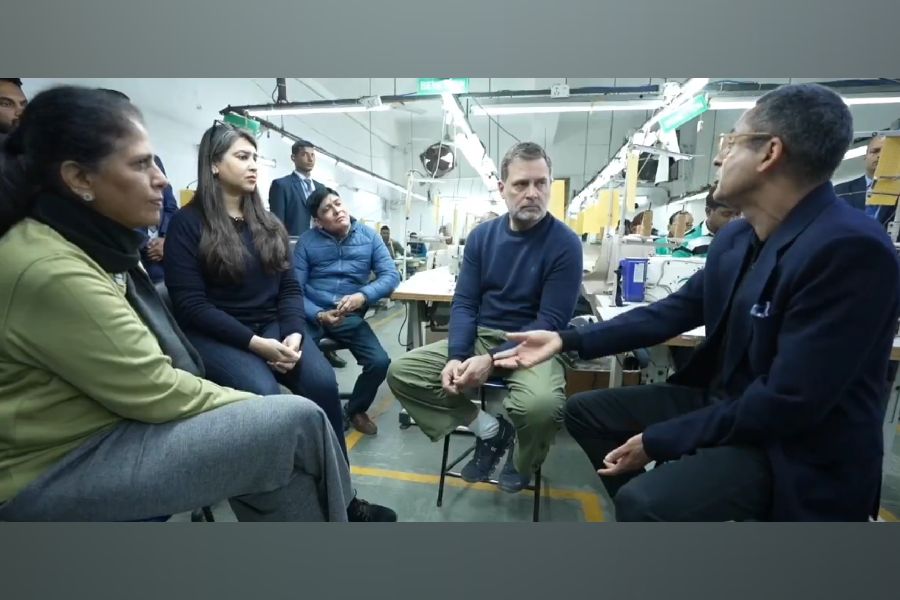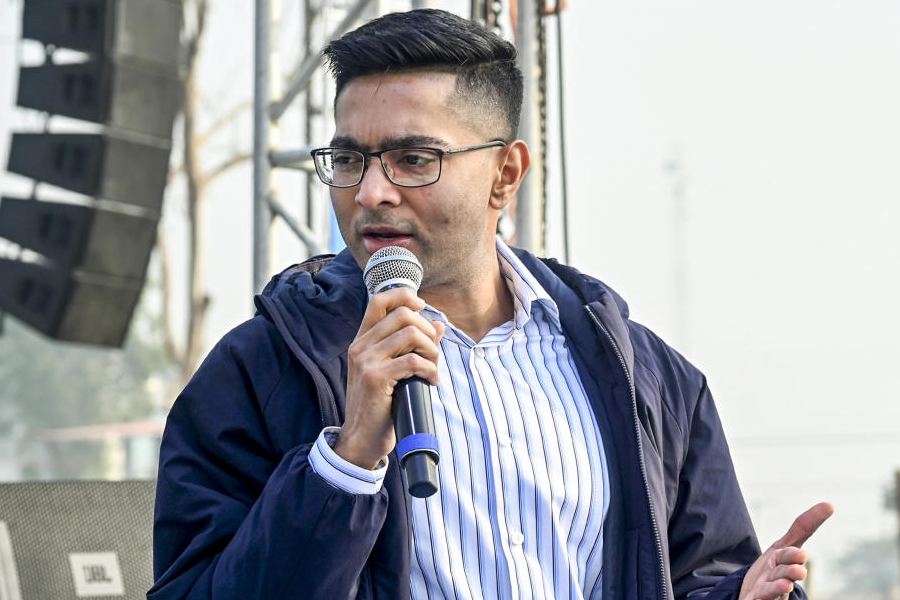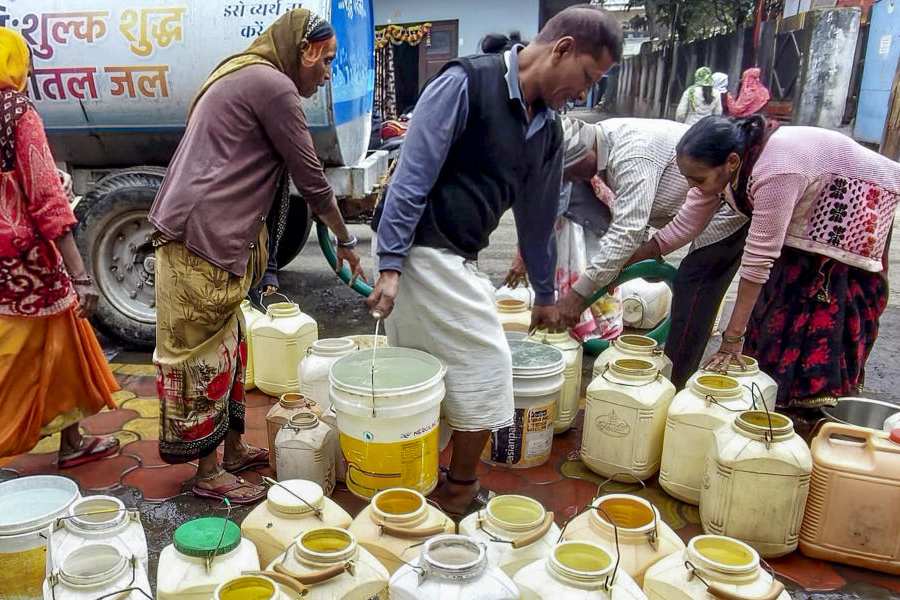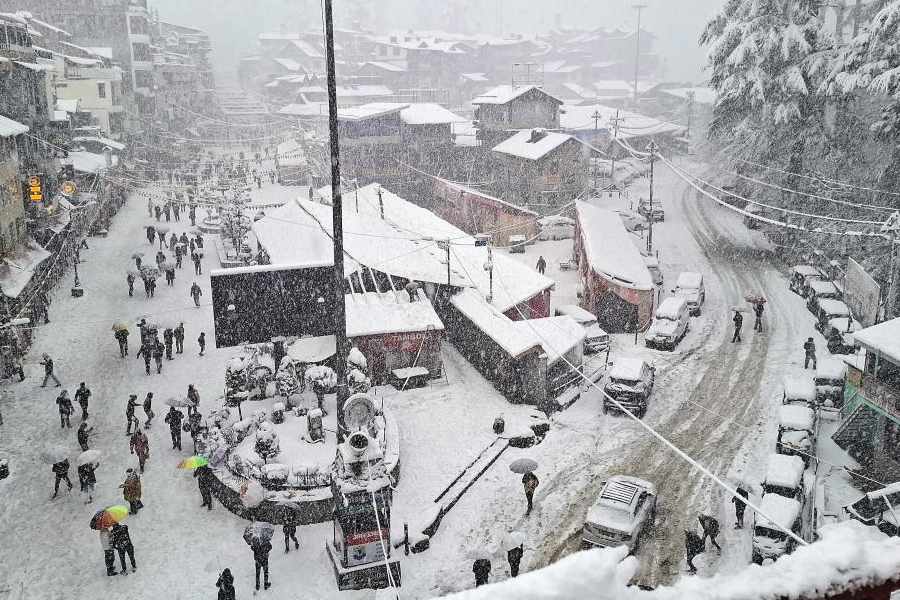
New Delhi, Aug. 4: Nearly 400 of India's 850-odd languages face the threat of extinction because of an erosion of traditional jobs that is fuelling migration to cities, a language expert has warned.
Ganesh Devy, founder and director of the Bhasha Research and Publication Centre in Vadodara and the Adivasi Academy in Tejgadh, Gujarat, said that many coastal, nomadic and Himalayan languages could vanish within half a century.
"We have lost 250 languages since 1961 and another 400 will perish in the next 50 years. The languages spoken in the coastal areas will be the worst-affected," Devy told The Telegraph.
The 1961 census had counted 1,652 "mother tongues" but Devy said they would not all have qualified as languages. A language is defined by its distinct grammar.
Devy said that during censuses, many respondents name or spell their mother tongue incorrectly or provide an alternative name, inflating the language count. He said an independent study carried out after the 1961 census had put the number of languages around 1,100.
However, a "People's Linguistic Survey of India" that Devy's Vadodara centre carried out over the past seven years has documented 780 living languages while being unable to cover "70 to 80" others because their speakers live in insurgency-hit areas.
This, he said, suggests that India now has 850-odd languages - a loss of at least 250 from 1961.
Devy said the languages threatened with extinction are those that are not mediums of instruction and the knowledge of which does not qualify one for any livelihood because they are not taught or researched.
He said the large-scale mechanisation of coastal activities like fishing and salt production had forced hordes of local people to migrate, endangering their connection with their native culture.
"People migrate out of their language zones in search of livelihood. They travel inland and pick up the local language there. Their children get de-linked from their parents' language," Devy said.
Former Prime Minister Manmohan Singh yesterday released the fruits of Devy's survey: 26 volumes documenting aspects of the histories, grammar, folklore, kinship terms and bibliography of the 780 languages covered. These languages include 50 in Assam, 36 in Odisha and 28 in Bengal.
The survey, however, did not carry out headcounts.
Currently, the census report carries a list of languages that have over 10,000 speakers. Devy wants the government to add to the list the remaining languages too and state the number of speakers for each.
Devy urged the government to do more to protect endangered languages.
Ten central universities have opened centres on these languages under a University Grants Commission scheme, and some state universities too have launched similar efforts. But Devy said this was inadequate.
"There's a lot of hidden knowledge in the traditional languages. Universities should conduct research on them but are not doing it," he said.
Devy said his Vadodara organisation would undertake a global languages survey soon, covering 6,000 languages. He plans to set up four centres in African nations and one each in Australia, New Zealand and Papua New Guinea.
He said the government had decided to carry out, concurrently with the next census, an audio-visual survey of all Indian languages, documenting some of their folklore, songs and oral traditional among other things.











